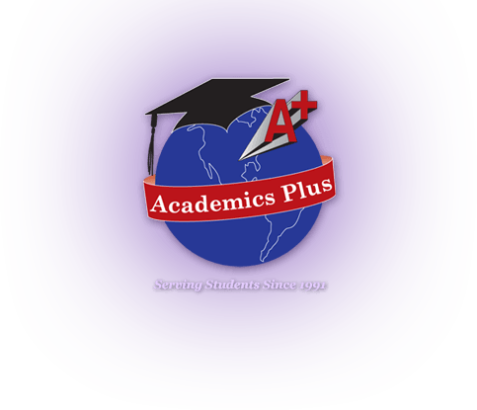Diagnostic, Prescriptive Instruction
The Academics Plus program utilizes an individualized learning prescription which is customized to each student in order to optimize success on academic achievement standards. This is accomplished through a maximum student-to-teacher ratio of 3:1 and a close working relationship with classroom teachers, which ensures the transfer of knowledge gained into the large group instructional setting found within the classroom. Extensive communication with both parent(s)/guardian(s) and classroom teachers ensures that every student is improving in both classroom performance and achievement.
The Academics Plus Reading instructional component is prescribed for each individual student in four primary areas supporting the TEKS, specifically print awareness, phonological awareness, letter-sound relationships, vocabulary and comprehension development, word identification, etymology and fluency. Every hour of instruction is designed with activities in each of the following areas:
Reading
- Phonological Awareness
- Vocabulary Development
- Comprehension Development
- Skill Application
Math
- Computer Activities
- Manipulatives
- Print Materials
- Problem Solving
The Academics Plus Math instructional component begins with basic math skills and extends through Algebra. Students struggling in math beyond Algebra as well as advanced science courses are often found to possess poor foundational math skills which compromise their success. Their A+ programs combine any lacking pre-Algebra or Algebra skills while supporting them in their current classroom placement. Computational skills are taught as needed every hour, and students learn to utilize these skills within challenging word problems. Four primary venues supporting the TEKS are utilized, specifically computer activities, manipulatives, print materials, and problem solving. Polya’s problem solving strategies are utilized within every instructional hour to maximize each students ability to critically evaluate and manipulate each mathematical situation presented.
Every activity is linked throughout the instructional hour by meaningful discussion regarding the purpose, evaluation and understanding acquired in order to fully develop metacognitive skills and a deeper understanding of what is read and/or mathematically solved. Each student’s learning is supported by developing this basic understanding with direct instruction and application of a variety of strategies to analyze every academic encounter with critical thinking.
This program is monitored closely by the Director of Learning to assure that each student receives the precise instructional content delivered in the optimal learning modality at the correct level of difficulty each and every hour of instruction. Ultimately, this causes students to become proficient and thoughtful readers who are able to perform successfully without unnecessary emphasis on test preparation.
